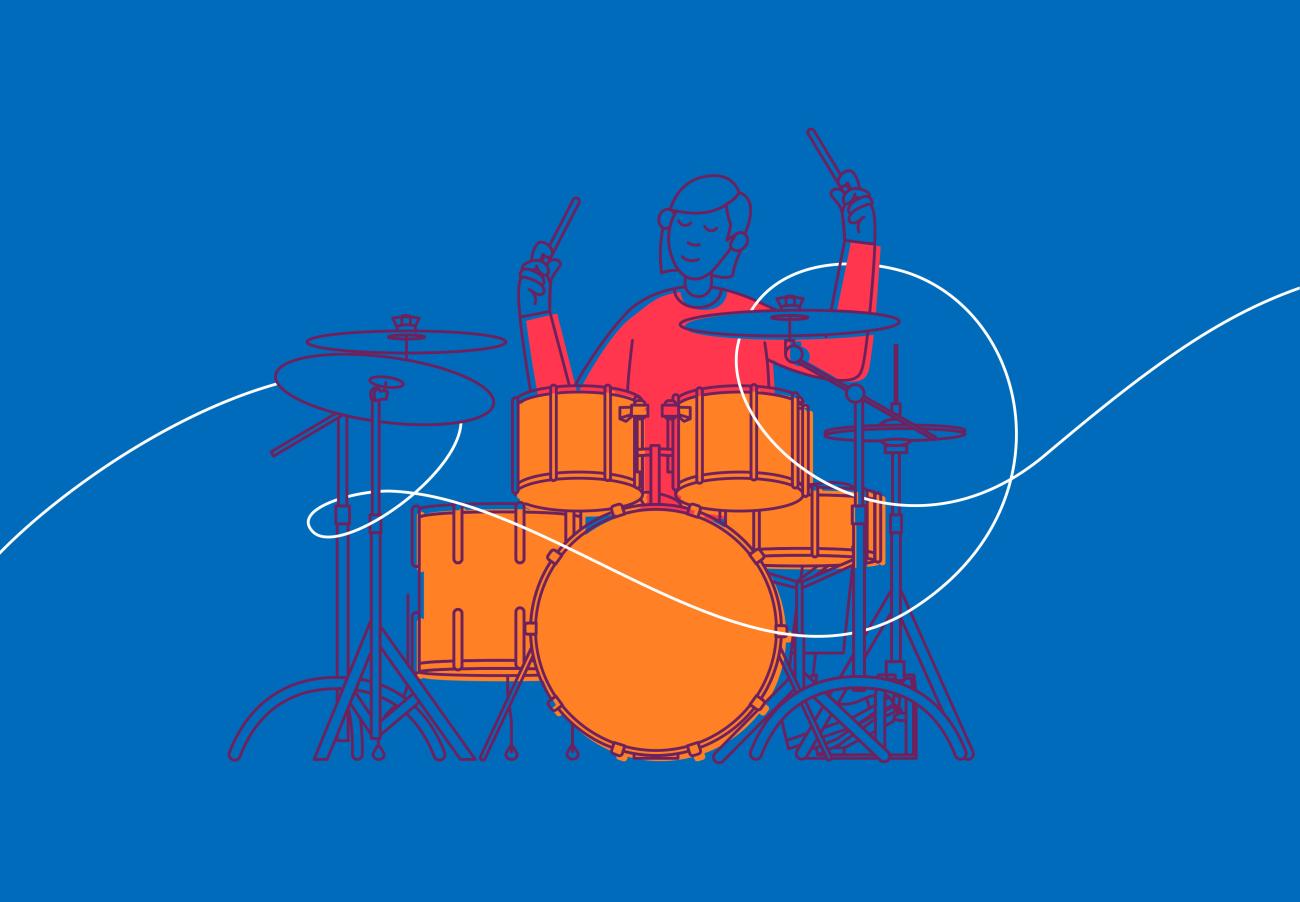Why theory? Ben’s top tips for music study

Learning about music theory can help performers at all levels to get the most from their music making. We asked some of our ABRSM scholars, studying at our partner Royal Schools, to tell us what music theory means to them and share some tips. This week we hear from Ben.
Let’s start easy - what’s your name and what country are you from?
Hi there!
My name is Benjamin Norris, and I’m from England. More specifically, I come from a town in North Devon called Barnstaple.
What are you studying?
I am a viola player! currently studying a master’s degree in classical music performance at the Royal Northern College of Music in Manchester. I was introduced to classical music at a very young age by my parents, who are both music teachers. Even though classical music has always been the driving force of my education, I have also had wonderful experiences studying and performing jazz. I believe that being exposed to a diverse range of music is so important, as there’s always something to learn and take away from every style!
How has music theory helped you along your musical journey?
As I am continuing to develop as a musician, my study of music theory is helping me in more ways than I am consciously aware of. The fundamentals that we learn when studying music theory are crucial for reading and interpreting classical music. It’s almost like learning a language, the more vocabulary we know, the more fluent we become. I’ve certainly found that the more familiar I am with the features of a composition, the more I can connect with and relate to the composers’ musical intentions. Having this deeper understanding has allowed me to practise more efficiently and perform with greater artistic freedom and expression. Understanding the rules gives us the opportunity to break them when we see fit!
Why do you think it’s important to study music theory? What are some common misconceptions about music theory?
Studying music theory helps us to develop a holistic view of music and its meaning. It can help us to sight read, perform with greater accuracy, improvise with more freedom, expose us to different forms of music and the list goes on. For any music related field, I think that understanding music theory is vital as it is all connected. In a more practical sense, mastering the fundamentals can also save us a lot of time, and help streamline our learning so that we can achieve things faster and meet necessary deadlines.
The most common misconception I’ve heard about music theory is that it dampens creativity with strict rules that you must follow. In fact, I believe that the opposite is true. It opens a new perspective and informs you in a way that encourages creativity.
What’s your music theory superpower?
I love learning about harmony and doing in-depth harmonic analysis. I find it so stimulating discovering how and why certain harmonies are used. It also really helps me with my practice and informs the way in which I shape melodies. Harmonies make you feel so many different emotions. I just find the way in which it travels extremely satisfying, perhaps explaining why I love playing the role of the inner voice as a violist.
Do you have any top tips for someone studying for a music theory exam?
My top tip for anyone studying for an upcoming music theory exam would be to think outside the theory paper itself. Look at scores with different instrumentation, witness first-hand how composers construct their harmonies and melodies and how they orchestrate for different instruments. I would also encourage everyone to tie theory into the practical side of their studies and really try to see the bigger picture. The sheet music that we classical musicians play can provide a wealth of knowledge. Think of it as an ongoing project, not just preparation for one exam. Everything you’ll learn along the way will be sure to aid you in the future, sometimes when you’re least expecting.
Finally, if you could be any key signature, what would you be and why?
If I could be any key signature, I would be Db major. I just think that it has this unique richness and warmth about it. I’m a massive fan of dense and rich harmonies, and I think that the sounds that can be created within this key centre are particularly special. I also really resonate with Db major as a player and a person, that’s why I’d choose it.

